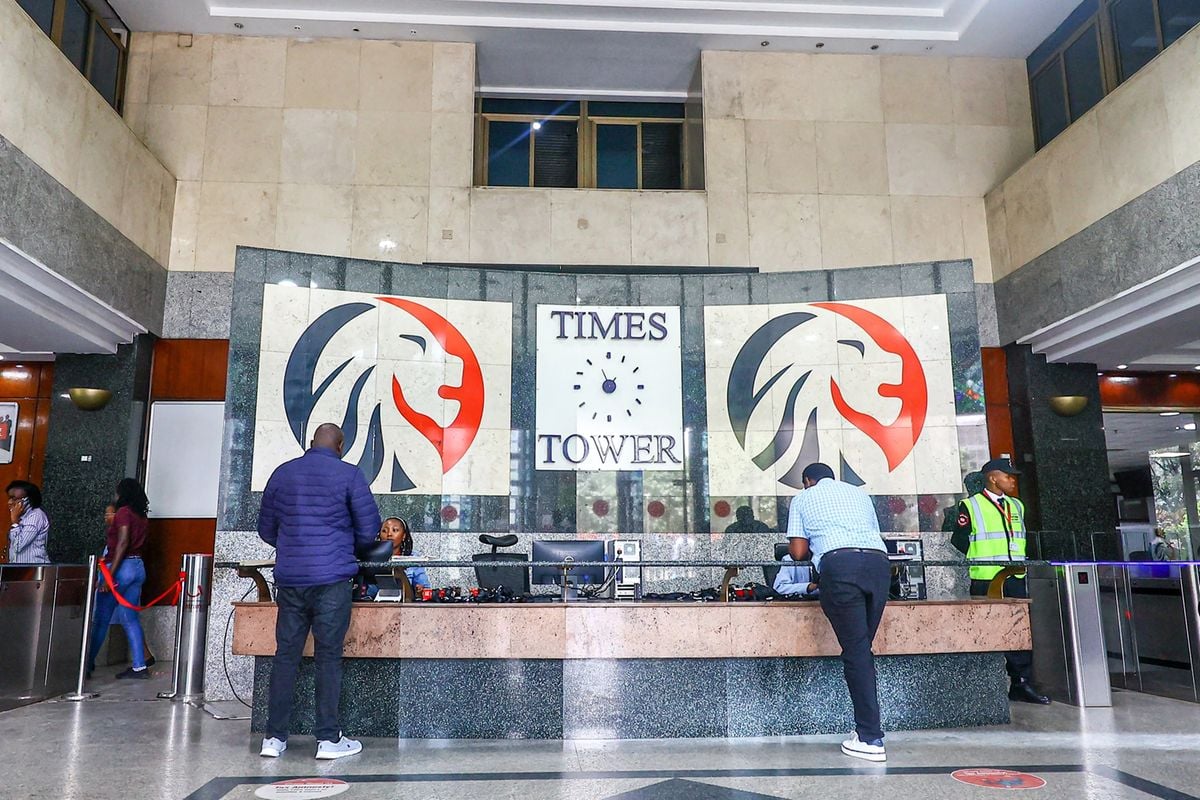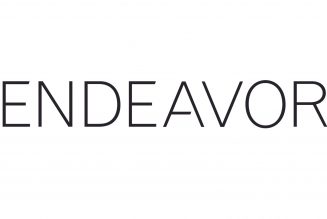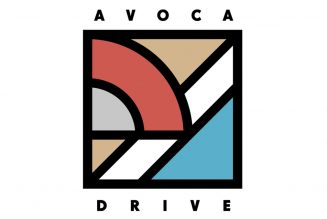
The Kenya Revenue Authority (KRA) is linking its electronic Tax Invoice Management System (eTIMS) to fuel stations to weed out tax cheats and boost revenues by billions of shillings through monitoring motorists’ consumption of diesel and petrol.
This means that every purchase of petroleum product from a fuel station from June will be accompanied by an eTIMS receipt or electronic notice, giving KRA a full view of the scale of business undertaken by stations across the country.
The integration is aimed at tightening the authority’s visibility of transactions at the pump and weed out filing of fictitious VAT claims as well as monitor fuel stations sales.
Rogue traders have been seeking receipts from petrol stations that are not picked by motorists and use them to seek VAT refunds from the taxman on the strength that their businesses consumed the fuel.
The system, which demands businesses to file receipts or invoice with the KRA as proof of expenses, is aimed at widening the tax base as big companies report to the authority small firms that act as their suppliers.
It also helps curb the under-declaration of sales by petrol stations to narrow profits and pay lower taxes.
The visibility sales will also help the KRA map the spending patterns of motorists, with the target being consumers who have high fuel bills but have little to show in terms of taxes remitted.
“To streamline VAT on petroleum products, KRA is in the preliminary phase of implementing electronic tax invoicing at fuel stations through eTIMS fuel stations systems integration,” says the KRA in documents seen by the Business Daily without giving details.
“It will allow the ability to validate invoices/receipts real-time to facilitate tax refunds.”
Under this regime, motorists will be expected to key in their KRA personal identification numbers (PINs) to trigger the eTIMS receipt.
This is a signal that the KRA is finally getting visibility in sectors with high transaction volumes such as petrol stations and supermarkets, which have proven a hurdle to integrate with eTIMS.
The Treasury has identified the petroleum products sector as one of the key drivers of tax refunds or expenditures that currently stand at Sh393.6 billion.
Tax refunds or expenditures are the products of goods and services that are VAT zero-rated.
Under zero rate, firms are allowed to seek refunds from the taxman for VAT they pay on inputs like electricity, fuel and raw material.
“The main contributors to VAT expenditure were financial and insurance services, electricity, oil, gas, steam, and air conditioning. Tax expenditure on imported VAT increased from Sh8.8 billion in 2021 to Sh17.2 billion in 2022. This increase is mainly attributed to the increase in import VAT on oils,” says the Treasury.
Energy and Petroleum Regulatory Authority (Epra) data show there are 140 registered oil marketers in the country that sold 5.46 billion litres of petroleum products locally in the year to June.
“There is a fuel forecourt solution that we are already piloting among fuel stations. Basically, this solution provides for a situation where eTIMS is integrated at the pump linking the fuel dispenser with the point of sale,” said Hakamba Wangwe, the KRA’s chief manager in charge of eTIMS.
“We have three software providers who are offering us this specialised solution. Full rollout is for June 2025.”
To shore up revenue, President William Ruto’s administration has deepened its crackdown on tax cheats and it is expected to be more aggressive following the withdrawal of this year’s Finance Bill after deadly protests that killed over 50 people.
Integration of eTIMS with fuel stations is the latest move by the KRA to accelerate the uptake of the mandatory issuance of electronically generated tax invoices effective September 1, 2023 in line with the Finance Act, 2023.
The law also amended the Income Tax Act to provide that effective January 1, 2024, only expenses backed by eTIMS invoices will be deemed eligible for tax deduction, locking out anyone who will seek to reduce their tax burden using invoices generated outside the eTIMS system.
The rollout of eTIMS was cited as the main reason VAT outperformed the target in the financial year 2023/24.
With fuel stations being onboarded onto the system, VAT is poised to cement its position as a key tax head in the authority’s performance.
“Domestic VAT collection stood at Sh314.1 billion against the target of Sh307.8 billion, reflecting a growth of 15.3 percent compared to the previous year. Domestic VAT collections surpassed the target by Sh6.3 billion attributed to the implementation of eTIMS which has enhanced compliance among VAT-registered tax payers,” the KRA said in its 2023/24 revenue performance release.
The KRA is also trying to woo more small businesses into the tax bracket through simplified filing of returns.
For example, the KRA is in the final stages of developing a WhatsApp bot that will enable taxpayers to generate electronic tax invoices using only the popular messaging app in a bid to further boost voluntary tax compliance, especially among small traders.
A WhatsApp Chatbot is a computer programme that simulates text-based human conversation via the WhatsApp messaging platform.
WhatsApp Chatbots can automatically respond to various customer communications, from customer service to sales, and can be integrated via the WhatsApp Business Platform.
KRA said that the initiative is meant to further simplify tax invoicing using the newly introduced eTIMS and boost tax compliance, especially for Micro, Small, and Medium Enterprises (MSMEs).
The move is part of the taxman’s efforts to widen the tax bracket, especially by netting non-compliant MSMEs, which are largely informal businesses and are traditionally considered hard-to-tax sectors.









